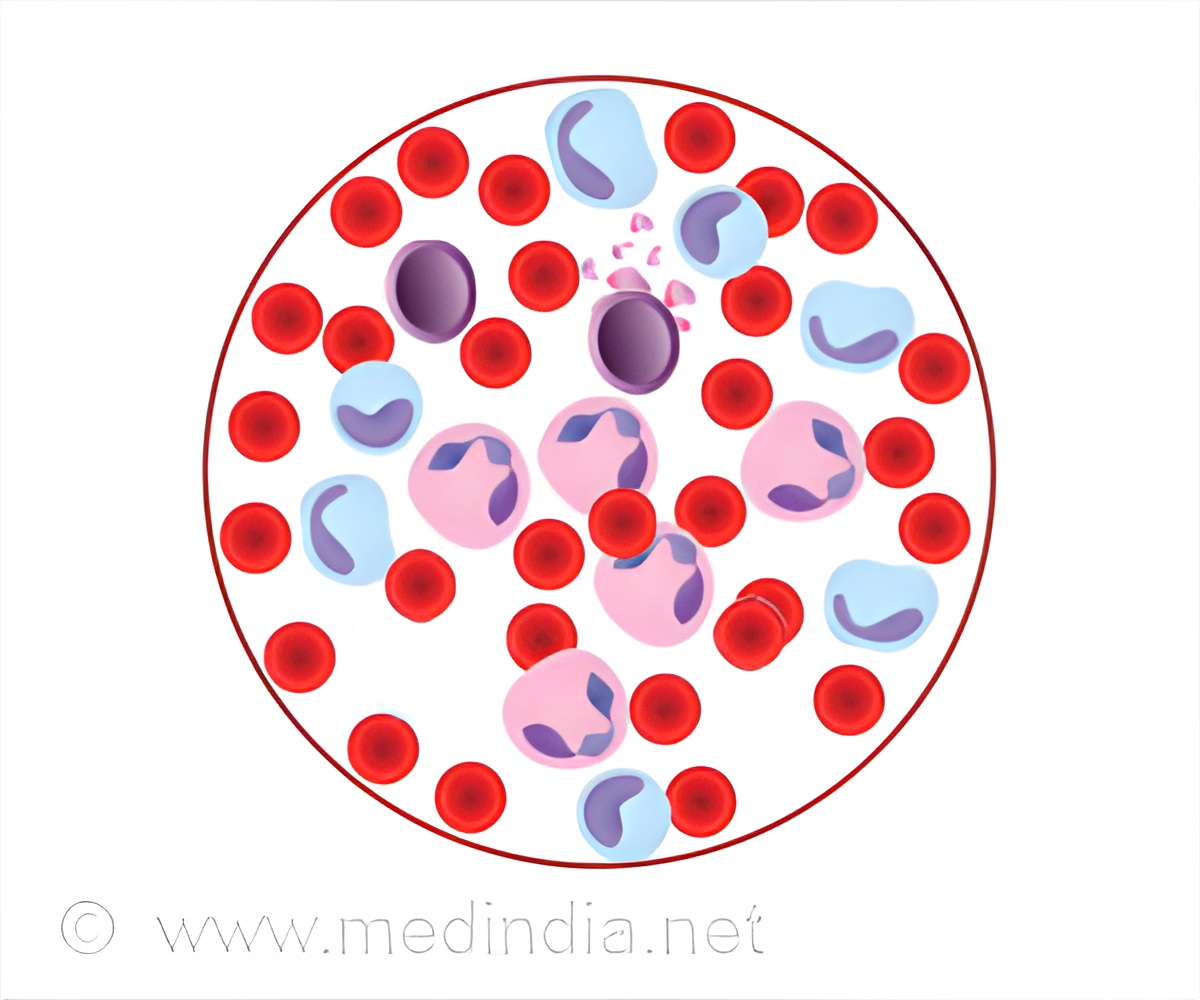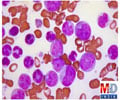Scientists were able to delineate the cancer promoting function of a specific ribosome defect that has a severe impact on pediatric patients with T-cell leukaemia.

‘Scientists were able to delineate the cancer promoting function of a specific ribosome defect that has a severe impact on pediatric patients with T-cell leukaemia.’





Professor De Keersmaecker and Dr. Kim R. Kampen, a postdoc in her lab, were able to delineate the cancer promoting function of a specific ribosome defect that has a severe impact on pediatric patients with T-cell leukaemia. The impact of this ribosome defect on T-cell leukaemia has never been elucidated before. Survival proteins
If a cell is too damaged due to ageing or disease, a specific signal induces cell death. But some proteins - including the protein known as BCL-2 - can put a stop to cell death. Due to a ribosomal defect, some T-cell leukaemia patients produce too much of this cell death preventing protein.
The overproduction of BCL-2 has detrimental effects, says Professor De Keersmaecker. "Cancer cells take advantage of the BCL-2 protein: it helps them to survive under difficult circumstances, including chemotherapy."
Suppressing the survival protein
Advertisement
"Clinicians use this drug to treat chronic lymphocytic leukaemia. But our research in mice shows that it also suppresses T-cell leukaemia with a specific ribosome defect."
Advertisement
But it's too soon to talk about cure, De Keersmaecker warns. "This hasn't been tested on human beings yet."
"Patients with leukaemia often get a drug cocktail, while our study only tested the BCL-2 inhibitor. That's why our follow-up study will focus on a cocktail of this BCL-2 inhibitor and other drugs. For patients with the ribosome defect analyzed in our study, this avenue is definitely worth examining in greater detail."
Source-Eurekalert















